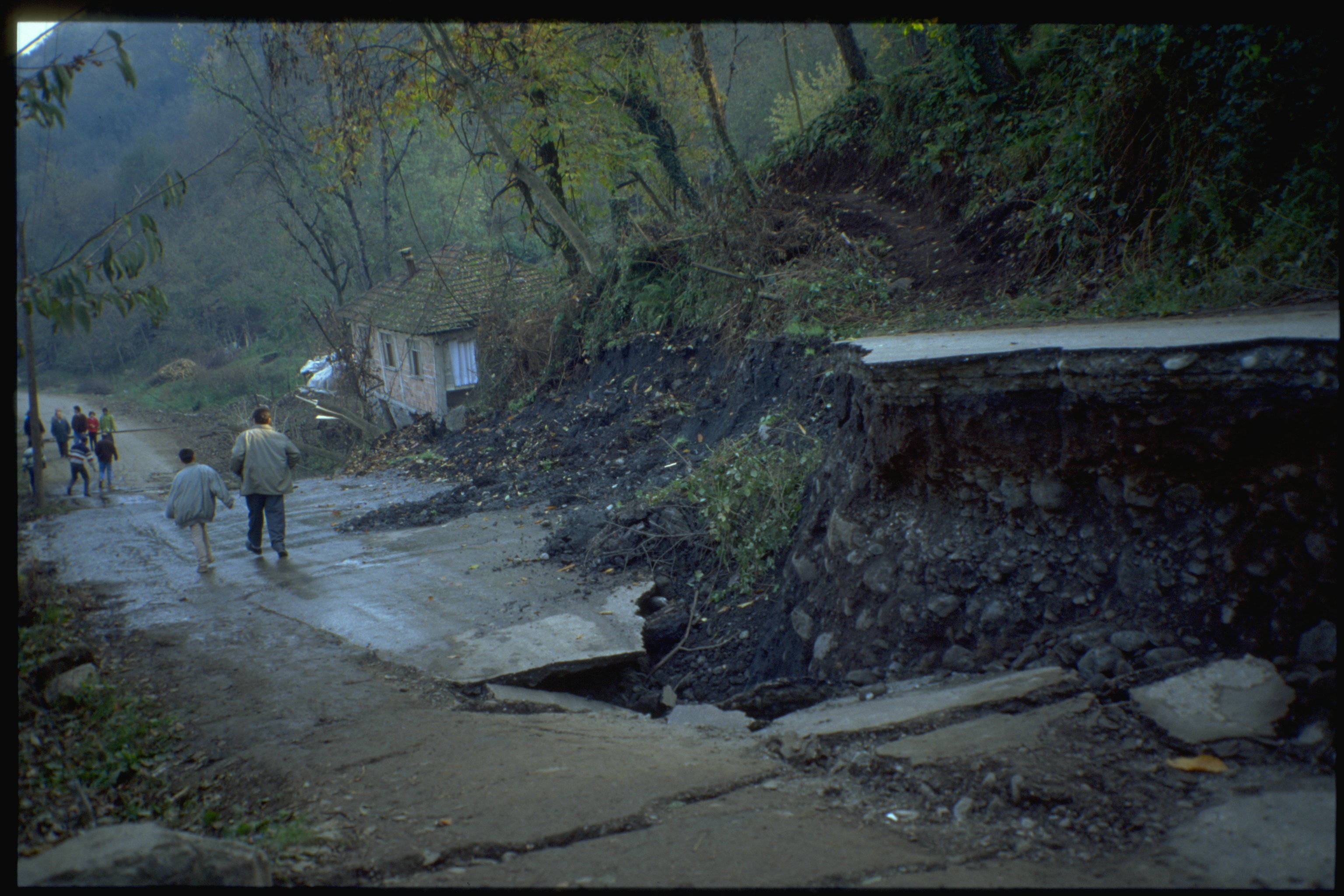All Categories
Featured
Table of Contents
Environmental Geophysicist in Piesse Brook Western Australia 2020
This work is significantly contracted out, so consultancies provide another source of employment. Consultancy firms vary in size, from extremely small business to large multinationals. Some consultancies are rather specialised in utilizing particular geophysical techniques or working in particular areas, while others provide a more diverse series of services to their consumers.
The extraction of gas from land fill sites is another location of employment and this may grow in the future. Exploration companies might undertake work for building and construction companies, water companies, mining business and environmental companies, so geophysicists might be employed in any of these settings. Other companies include: geological surveysgovernment bodies and agenciesuniversities and research institutes.


Vacancies may be listed in the oil and gas sector press. Recruitment is affected by oil cost fluctuations and the level of competition for positions differs depending upon this. Professions Days, which cover the full variety of geoscience professions and are normally attended by a variety of key industry companies, are run by The Geological Society.
Your Degree In Geophysics in North Fremantle Western Australia 2023
A few of the big oil and gas companies offer a full two-year structured training programme across the breadth of geophysics, including the chance to experience work in numerous groups before specialising in one location. Your training may include work on: existing wellsmagnetic and gravitational possible field data analysisresearchrock analysis. However, it's more usual for your preliminary training to be provided on the job.

There might be a probationary duration throughout which you work along with a knowledgeable associate. Competency-based appraisals happen frequently in many firms. In smaller sized companies, and for academic posts, there is unlikely to be any formal training - you'll be expected to begin work straightaway and get abilities as you go along.
If you work for a smaller business, you might find that you need to take duty for setting up and funding your own development and training. If you have a geology degree, membership of The Geological Society can be beneficial for networking and for maintaining to date with the industry.
Why Study Geology? in Murdoch Oz 2021
You may also find it beneficial to sign up with the PESGB (The Petroleum Exploration Society of Great Britain, which has a geophysics unique interest group. After a probationary period, and once you've gotten some experience, you might progress to senior geophysicist, then group leader and after that into a senior role in management.
The ease of movement between functions depends on the company structure. Study at Masters or Ph, D level in a subject associated to geophysics or geosciences may assist with your career advancement and progression. The work market within the oil and gas market is very based on rate and this might affect your opportunities for profession development.
For skilled geophysicists, freelance consultancy offers a good route for profession advancement. As a geophysicist, you're most likely to have a number of jobs throughout your working life.
Mining Geophysicist Profile in Highgate WA 2022
From geophysics, it's possible to focus on seismology (completing more training to become a seismic interpreter) or to move into associated areas such as engineering geology or threat forecast.
Choosing what to study in college is a tough choice. Even if you understand that your field of interest lies in science, what program of study is right for you?
But the very first action to accomplishing your goal of becoming a geophysicist is making a degree. Even for entry-level positions in the field of geoscience, you'll need a bachelor's degree (a geophysicist college degree) from a certified college or university. Some research study positions need candidates to hold master's degrees or even Ph.
Careers With Geophysics - Ocean And Earth Science ... in North Perth Australia 2020
Doctoral degrees are especially crucial if you plan to teach at a four-year institution. Geophysicists apply physics ideas and techniques to study the gravitational, magnetic, and electrical fields of the earth. This advances scientists' understanding of both the planet's interior core and its surface area. Geophysicists need to be able to: analyze rocks, pictures, and other pieces of data perform research study both in the field and in laboratories produce maps and charts of their findings compose reports To achieve all this, trainees require a specialized education for geophysicist professions.
As specified above, you'll need a bachelor's degree in geoscience or an associated discipline, such as a physical science or a life sciences, to land an entry-level job. But students can likewise prepare by majoring in topics like: Biology Chemistry Computer technology Engineering Mathematics Physics The above geophysicist majors use a more generalized technique to a single clinical discipline, but a lot of programs require trainees to take several geology course.
Table of Contents
Latest Posts
Geophysical And Geotechnical Assessment in Mount Hawthorn Western Australia 2020
Geophysicist Bob Embley: Ocean Exploration Careers in Alexander Heights Oz 2022
Geophysical Surveys: Definition & Methods in Woodlands Western Australia 2021
More
Latest Posts
Geophysical And Geotechnical Assessment in Mount Hawthorn Western Australia 2020
Geophysicist Bob Embley: Ocean Exploration Careers in Alexander Heights Oz 2022
Geophysical Surveys: Definition & Methods in Woodlands Western Australia 2021